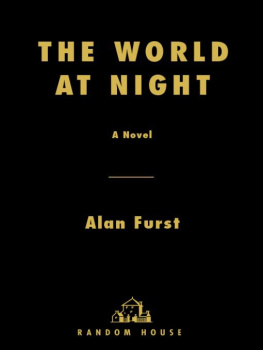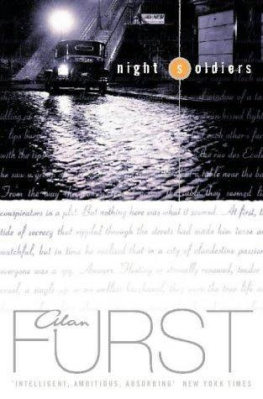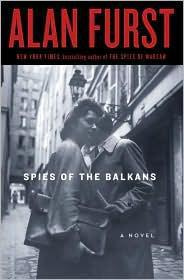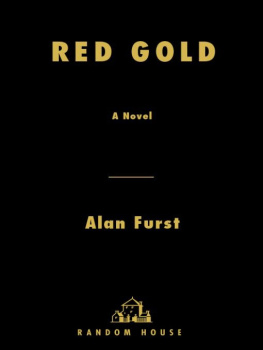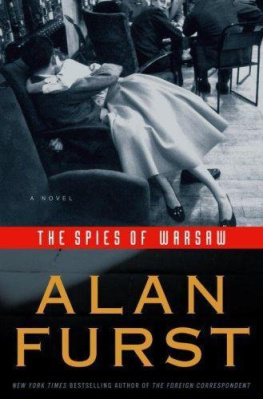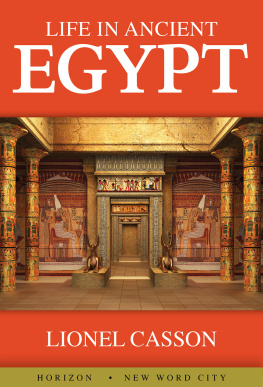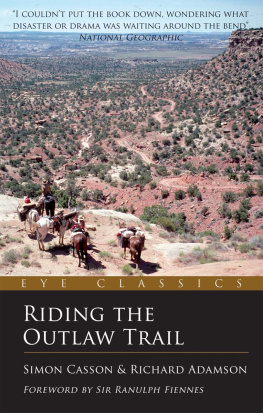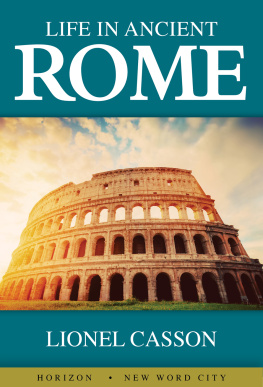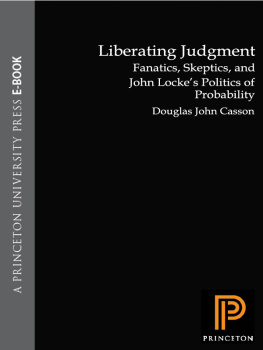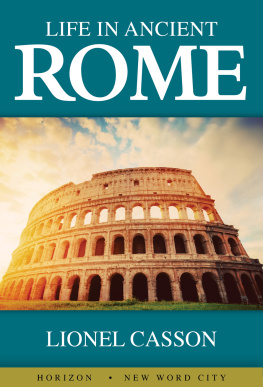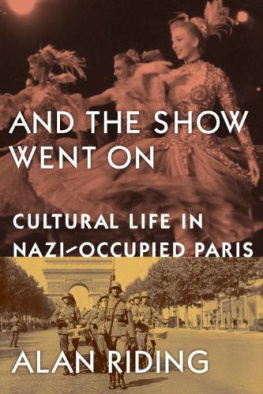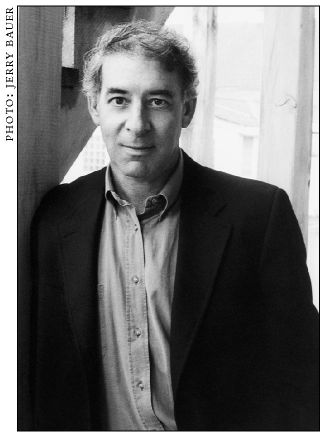ALAN FURST is widely recognized as the master of the historical spy novel. He is the author of Night Soldiers, Dark Star, The Polish Officer, RedGold, Kingdom of Shadows, Blood of Victory,Dark Voyage, and The Foreign Correspondent. Born in New York, he has lived for long periods in France, especially in Paris. He now lives on Long Island, New York.
Visit the authors website at www.alanfurst.net.
HOTEL DU MER (1944)
Brilliantly written and directed by
Ren Guillot, the last weekend of a small seaside
hotel in the south of France. Danielle Aubin (Citrine)
is ravishing as a mysterious stranger.
THE WORLD AT NIGHT
ALAN FURST
A Readers Guide
The Research of Alan Fursts Novels
Alan Furst describes the area of his interest as near history. His novels are set between 1933the date of Adolf Hitlers ascent, with the first Stalinist purges in Moscow coming a year laterand 1945, which saw the end of the war in Europe. The history of this period is well documented. Furst uses books by journalists of the time, personal memoirssome privately publishedautobiographies (many of the prominent individuals of the period wrote them), war and political histories, and characteristic novels written during those years.
But, he says, there is a lot morefor example, period newsreels, magazines, and newspapers, as well as films and music, especially swing and jazz. I buy old books, Furst says, and old maps, and I once bought, while living in Paris, the photo archive of a French stock house that served the newspapers of Paris during the Occupation, all the prints marked as cleared by the German censorship. In addition, Furst uses intelligence histories of the time, many of them by British writers.
Alan Furst has lived for long periods in Paris and in the south of France. In Europe, he says, the past is still available. I remember a blue neon sign, in the Eleventh Arrondissement in Paris, that had possibly been there since the 1930s. He recalls that on the French holiday le jour des morts (All Saints Day, November 1) it is customary for Parisians to go to the Pre Lachaise Cemetery. Before the collapse of Polish communism, the Polish migrs used to gather at the tomb of Maria Walewska. They would burn rows of votive candles and play Chopin on a portable stereo. It was always raining on that day, and a dozen or so Poles would stand there, under black umbrellas, with the music playing, as a kind of silent protest against the communist regime. The spirit of this action was history aliveas though the entire past of that country, conquered again and again, was being brought back to life.
The heroes of Alan Fursts novels include a Bulgarian defector from the Soviet intelligence service, a foreign correspondent for Pravda, a Polish cartographer who works for the army general staff, a French producer of gangster films, and a Hungarian migr who works with a diplomat at the Hungarian legation in Paris. These are characters in novels, Furst says, but people like them existed; people like them were courageous people with ordinary lives and, when the moment came, they acted with bravery and determination. I simply make it possible for them to tell their stories.
Questions for Discussion
1. If you asked Jean Casson to define the word honor, what would he say? Which, if any, of the following would be included: Loyalty to friends? Loyalty to country? Loyalty in love? Loyalty to self?
2. After his meeting with Simic, in which he is first offered the chance to work for British intelligence, Casson thinks to himself, You think youknow how the world works, but you really dont. These people are theones who know how it works. How would you say Cassons understanding of the world has changed by the novels conclusion? Has he become one of the people who know how the world really works?
3. To what extent is Casson culpable for the death of his friend Langlade?
4. During the early years of the German Occupation of France, a common question, which Langlade poses to Casson, was this: If your barber cuts hair under the Occupation, does that make him a collaborator? How would you respond? What would you have done in similar circumstances?
5. Alan Furst has said that his books are written from the point of view of the nation where the story takes place. Describe the French point of view as it appears in The World at Night.
6. Critics praise Fursts ability to re-create the atmosphere of World War IIera Europe. What elements of description make the setting come alive? How can you account for the fact that the settings seem authentic even though you probably have no firsthand knowledge of the times and places he writes about?
7. Fursts novels have been described as historical novels, and as spy novels. He calls them historical spy novels. Some critics have insisted that they are, simply, novels. How does his work compare with other spy novels youve read? What does he do that is the same? Different? If you owned a bookstore, in what section would you display his books?
8. Furst is often praised for his minor characters, which have been described as sketched out in a few strokes. Do you have a favorite in this book? Characters in his books often take part in the action for a few pages and then disappear. What do you think becomes of them? How do you know?
9. At the end of an Alan Furst novel, the hero is always still alive. What becomes of Fursts heroes? Will they survive the war? Does Furst know what becomes of them? Would it be better if they were somewhere safe and sound, to live out the war in comfort? If not, why not?
10. How do the notions of good and evil work in The World at Night? Would you prefer a confrontation between villain and hero? Describe Fursts use of realism in this regard.
Suggested Reading
There is an enormous body of literature, fiction and nonfiction, written about the period 19331945, so Alan Fursts recommendations for reading in that era are very specific. He often uses characters who are idealistic intellectuals, particularly French and Russian, who become disillusioned with the Soviet Union but still find themselves caught up in the political warfare of the period. Among the historical figures who wrote about that time, Furst says, Arthur Koestler may well be first among equals. Furst suggests Koestlers Darkness at Noon as a classic story of the European intellectual at midcentury.
Furst, as a novelist of historical espionage, is most often compared with the British authors Graham Greene and Eric Ambler. Asked about Amblers books, Furst replies that the best one I know is A Coffin forDimitrios. Published in 1939, a month before the invasion of Poland, Amblers novel concentrates on clandestine operations in the Balkans and includes murder for money, political assassination, espionage, and drug smuggling. The plot, like that of an Alan Furst novel, weaves intrigue and conspiracy into the real politics of 1930s Europe.
For the reality of daily life in eastern Europe, Furst suggests the novelist Gregor von Rezzori, of Italian/Austro-Hungarian background, who grew up in a remote corner of southeastern Europe, between the wars, and writes about it brilliantly in Memoirs of an Anti-Semite, which takes place in the villages of Romania and the city of Bucharest in the years before the war.
To see life in that period from the German perspective, Furst says that Christopher Isherwoods novels The Last of Mr. Norris and Good-bye to Berlin are among the best possible choices. The sources for the stage plays

